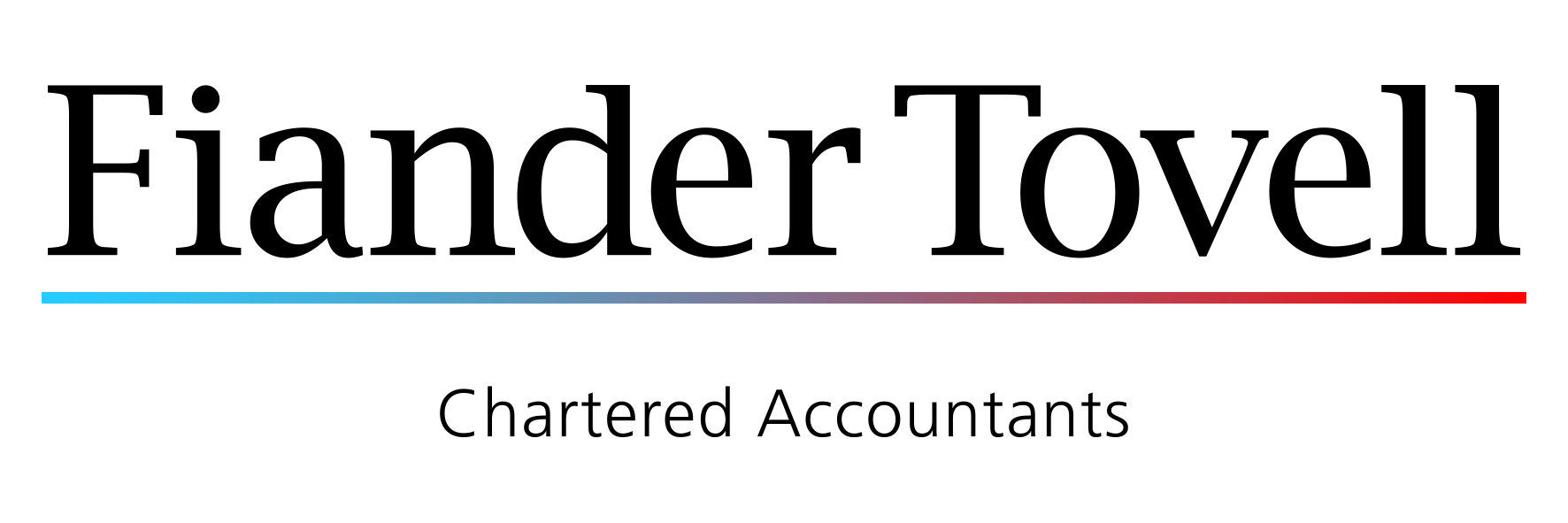
Corporate Advisor Spotlight: Adam Buse
Adam Buse leads the Corporate team at Fiander Tovell, bringing over 13 years of practice experience as a Chartered Accountant. He works across a diverse range of sectors including legal, healthcare, construction and recruitment, offering a versatile approach to client service and advice.
Learning to Leading
Adam joined Fiander Tovell in 2006 as a trainee after seeing an ad for their Training Programme. This gave him the chance to build his skills as an aspiring accountant through hands-on experience and “the rest, as they say, is history,” he says.
He’s still a big supporter of the programme and believes it carries advantages over more traditional routes into accounting. “The main benefits are that you have earned for the whole period of your apprenticeship, and you have practical work experience that will exceed that of the equivalent degree entrants,” he explains.
His advice for anyone considering training? “I would encourage a pathway via AAT into ACA. AAT is an excellent grounding in basic accounting and allows you to keep all accountancy related career paths open at the early stages of your career.”
A Dynamic Role
Adam loves the variety his role brings. “Generally, our audit clients always have something interesting or different happening which allows us to develop as professionals,” he says.
Equally important to him is supporting the growth of his team and helping them reach their fullest potential. “We really could not do what we do without our teams. My role is to steer that process and to provide support.”
Looking Ahead
Adam sees a bright future for audit, especially with better use of data and technology. “The way auditors use the data that a client has available is going to be key to the future of the specialism,” he says. This should improve assurance for clients while embracing new tech.
But regulations are getting tighter too. “The FRC has responded to the high-profile audit failures, such as Carillion, by changing the regulations to tighten the work requirements,” he states. This means more documentation is needed to support audit opinions, especially for smaller jobs.
He adds: “There have been moves to reduce regulation by changing the company size thresholds from 6 April 2025, but the upcoming changes to lease accounting and revenue recognition requirements in the new version of FRS102, will again affect the smallest entities more acutely.”
Staying Current
With audit changing so quickly, Adam suggests setting aside time to stay current. “This isn’t just confined to the audit standards, but also includes changes to accounts disclosure requirements, Companies House updates, corporation tax changes amongst others.”
To do this, he recommends relying on trusted sources. “Regulatory bodies, particularly the ICAEW, offer excellent courses that help practitioners keep abreast of any changes.”
Client-Centric Expertise
Adam’s approach is defined by the value he provides to clients, tailoring it to their specific needs. “For some, that value is that the process has been smooth and efficient, meaning they can move on with running their business. For others, this might be that we have highlighted areas they can improve systems and controls.”
The key is understanding what the client wants to achieve, so the team can show their full capabilities and provide the right support. “There are myriad ways that audit can add value, and these will depend on what you are looking to achieve as a business owner,” he says.
The result of this is client loyalty. For example, after a Finance Director transitioned to a new role, he quickly reached out to work with the team again. “This really demonstrates the value of our approach and the relationships that we look to build with our clients.”
Beyond the Office
Adam enjoys a range of hobbies outside of work, including reading science and historical fiction and taking part in tabletop wargaming. A long-time passion of his is volleyball, which he played at a national league level. “This stopped around COVID, and I haven’t gone back or found something to replace it.”
Find Out More
Beyond exploring fantastical realms through books and games, Adam applies that same creativity and strategic vision to his work, providing clients with clear, actionable insights to navigate the complexities of corporate tax, audits and financial strategy.
The Corporate team at Fiander Tovell deliver audit services, business insights and practical support that actually make a difference for their clients. Whether it’s accounting systems, grants, corporate governance or strategic advice, they’ve got you covered.
Want to know more? Contact Adam with any queries on adambuse@fiandertovell.co.uk




